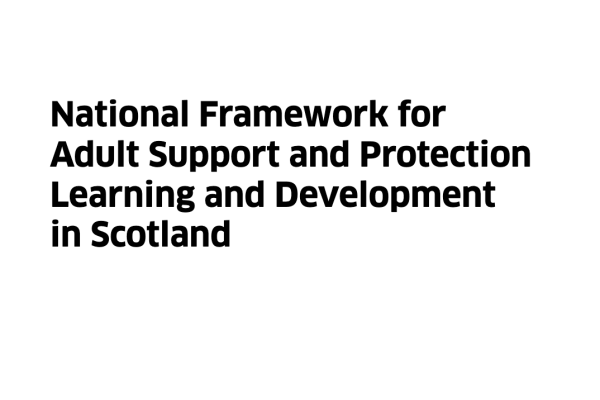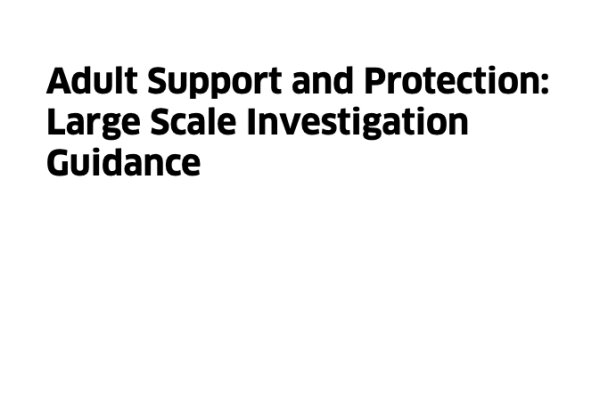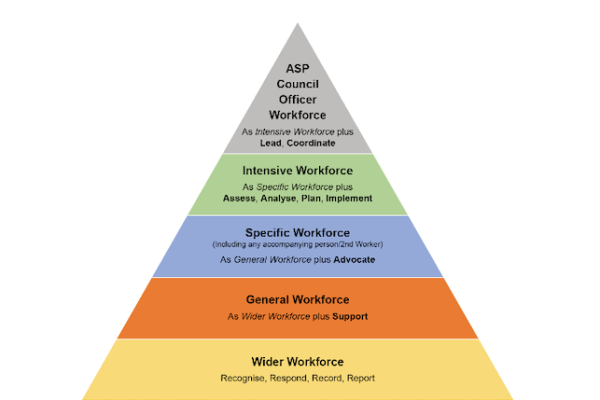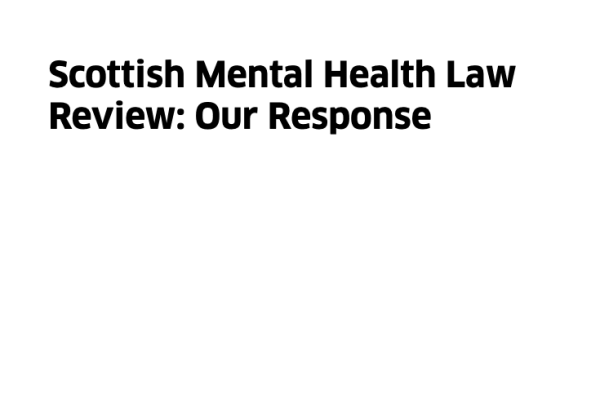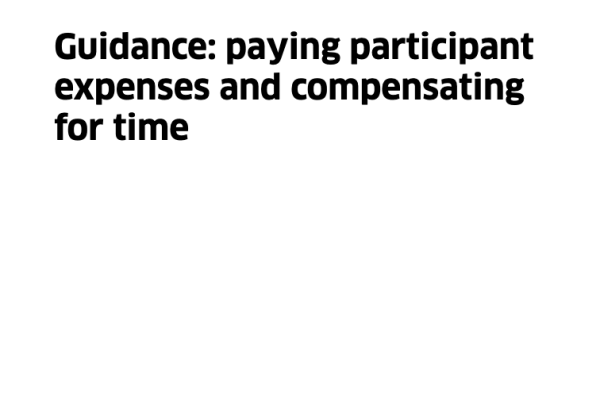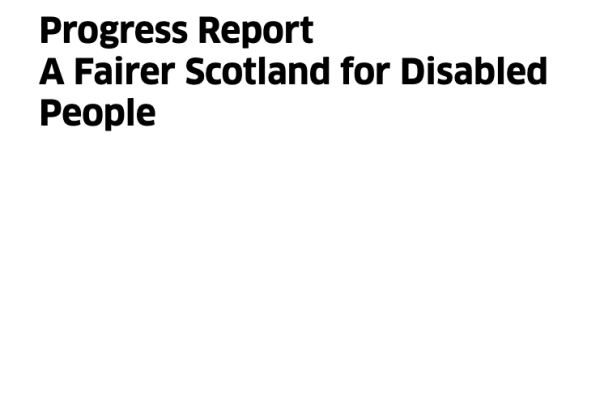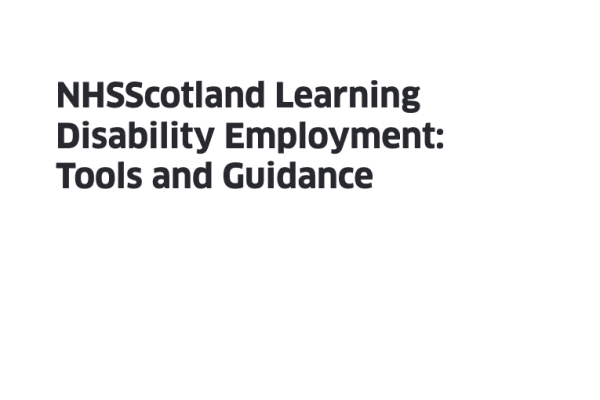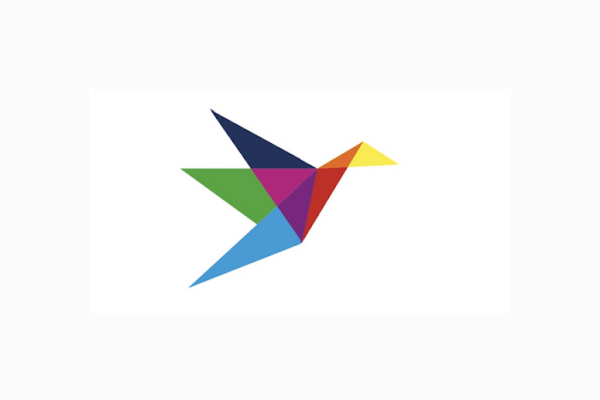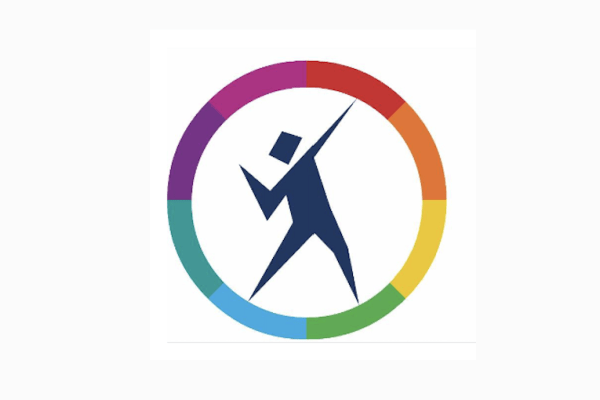National Framework for Adult Support and Protection Learning and Development in Scotland
This is the first national multi-agency Framework for Adult Support and Protection Learning and Development. It has been produced to support the delivery of Adult Support and Protection learning across applicable agencies and sectors.
